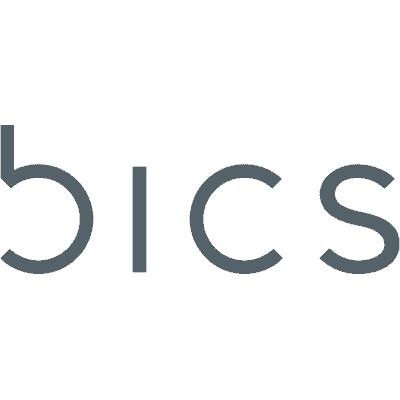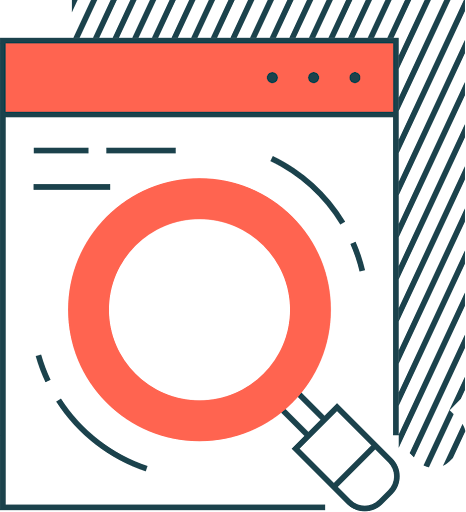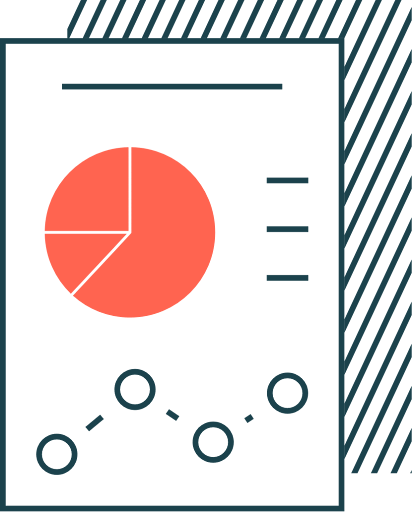
Sean Stapleton
Communications & Engagement Manager - MirrorWeb















.jpg)
The strength to challenge the status quo, and deliver bold, emotionally resonant B2B PR and marketing campaigns that drive long-term demand.
BACKED BY DEEP SECTOR INTELWe've been immersed in B2B tech for two decades and we're still insatiable curious.
BACKED BY DATA-LED INSIGHTOur propriety tools and research frameworks uncover the whitespace that unlocks opportunity.
BACKED BY INTEGRATED EXECUTIONGreat marketing and PR support each other. We align every campaign to ensure a full-funnel strategy.
BACKEDBY COMMERCIAL RIGOURWith data-drive insights, we measure, analyse, and refine to deliver commercial impact.

Your Unique Market Position.
Your Brave Brand Story.

Awareness. Engagement. Action.
We believe in a collaborative, human-led approach. Our team becomes your partner, invested in your success because we're an employee-owned business. We provide a safe space to be daring, offering a nurturing environment where we can work together to solve any challenge.

Sean Stapleton
Communications & Engagement Manager - MirrorWeb

Monique Lanne-Petit
Director - Télécoms Sans Frontières

David Taylor
Chief Communications and ESG Officer - Paragon
B2B tech knows no borders. Operating in a global marketplace requires specialist support across regions.
The Babel Network is a collective of best-in-breed global partner agencies, each hand-picked by Babel for their deep expertise in B2B tech within their respective markets.
Working with this network, we provide global, integrated campaigns across every continent.
Our hub-and-spoke model delivers a consistent global strategy and brand narrative, localised for each region, while maximising efficiency through a single UK point of contact.
For clients still realising their global ambitions, we can scale our international support to suit, whether that means:
/ Providing global comms from our London-based team
/ Working in collaboration with our clients’ existing global partners
/ Or collaborating with select global freelancers, hand-picked by us